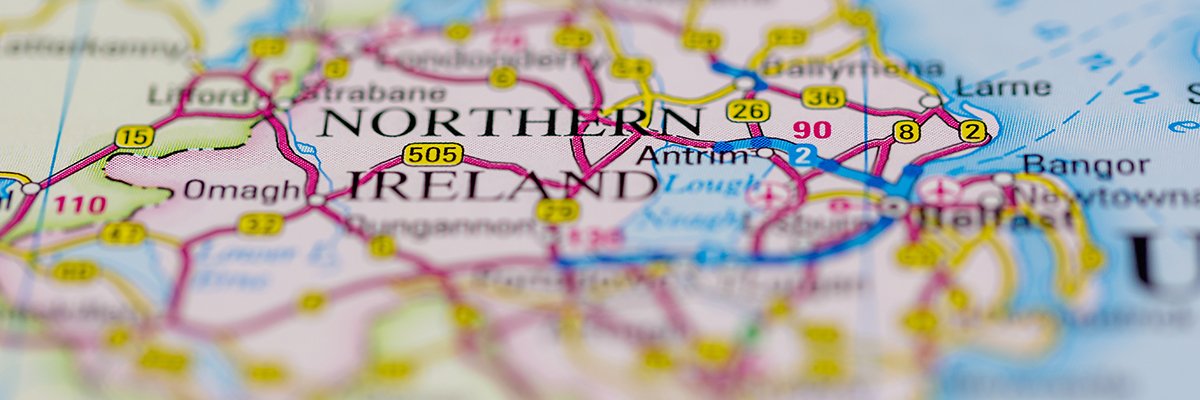
The growth of Northern Ireland’s flourishing cyber security ecosystem – which has one of the highest concentrations of security business in the world and is on the way to adding nearly £500m of value and 5,000 new jobs to the economy by 2030 – has only been made possible through the historic peace agreement brokered 25 years ago this month in Belfast.
The Belfast or Good Friday Agreement was signed on 10 April 1998 by the UK and Irish governments and eight political parties and other groupings from Northern Ireland. The peace talks, chaired by the then US president Bill Clinton, brought to an end the 30-year conflict known as the Troubles, and sped the devolution process in Northern Ireland.
The 25th anniversary of the Good Friday Agreement, marked by a series of events and reunions of key figures in the negotiations, coincides with the National Cyber Security Centre’s (NCSC’s) annual CyberUK conference, is being held at Belfast’s ICC this week.
Speaking at the event, NCSC CEO and self-proclaimed proud Derry girl Lindy Cameron said: “The prosperous economy you see here today has been built on the foundations of the Peace Process. Northern Ireland’s thriving cyber security industry is just one fantastic example of this. Since the peace process, we’ve seen a pipeline of trailblazing cyber talent develop and mature here.
“Northern Ireland has become an indispensable partner in the NCSC’s work to make the UK the safest place to work and live online, which is exactly why we brought CyberUK to Belfast – and I couldn’t be prouder.”
The NCSC said that Northern Ireland’s technology community has thrived in the past two-and-a-half decades and now consistently attracts domestic and overseas investment, becoming the primary international investment location for US cyber security firms.
Meanwhile, under the recently negotiated Windsor Framework, Northern Ireland also stands to benefit from a closer relationship with the European Union (EU) than England, Scotland and Wales.
One of the key drivers of Northern Ireland’s cyber success has been the world-class research at institutions such as Queen’s University Belfast and Ulster University, which has also been made possible by the Peace Process.
Queen’s University in particular is now globally renowned as a hotbed of security research, and its Centre for Secure Information Technologies (CSIT) has become a key NCSC partner, accredited as an Academic Centre of Excellence in security research and education, and provides extensive support to cyber security startups in Northern Ireland and across the UK.
It was recently awarded a £3.3m contribution from the Engineering and Physical Sciences Research Council (EPSRC) to deliver the next phase of its Innovation and Knowledge Centre (IKC) programme. This is part of a £19m funding injection to deepen security expertise and support work on emerging technology, including plans for a Cyber-AI hub in Belfast.
Chris Heaton-Harris, secretary of state for Northern Ireland, said: “It’s fantastic to see CyberUK being held in Belfast for the first time. The Good Friday Agreement has had a transformative effect on Northern Ireland’s economy and enabled the building of a more vibrant society.
“Today, Northern Ireland is becoming a byword for cutting edge technology, connectivity and innovation. CyberUK in Belfast is a vote of confidence in Northern Ireland’s place in what is a thriving UK cyber security ecosystem.
“The UK government remains committed to investing in Northern Ireland’s continuing prosperity and the great opportunities that exist here, which have been built on a foundation of peace,” he said.
